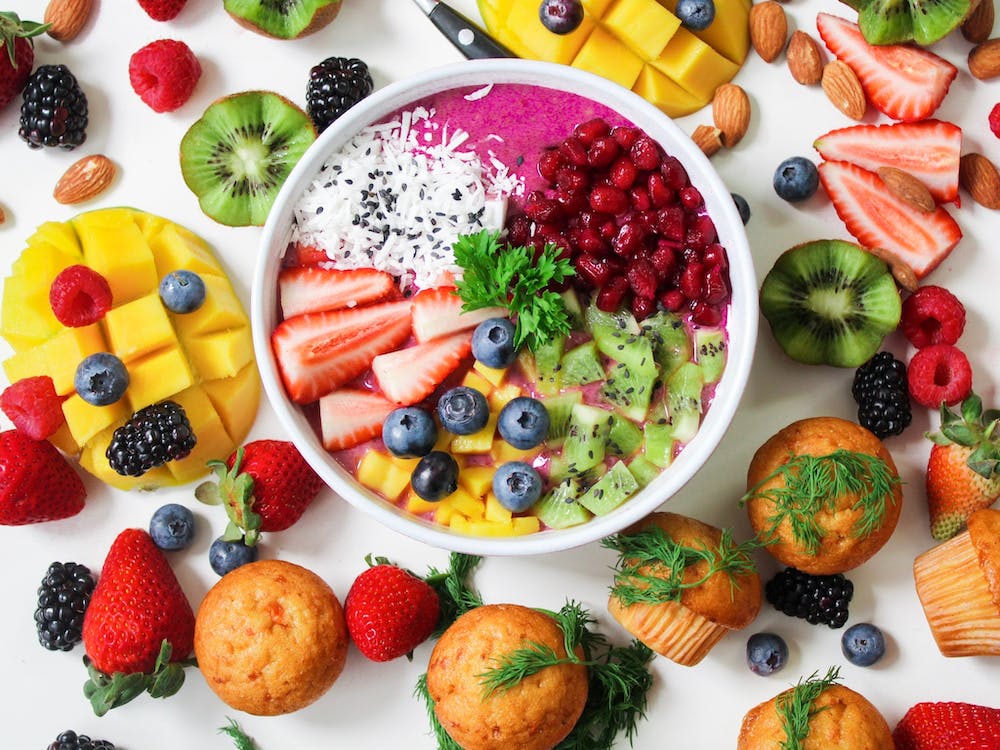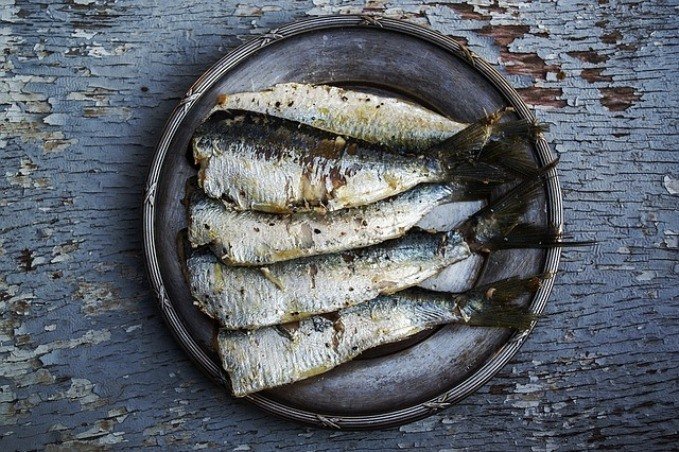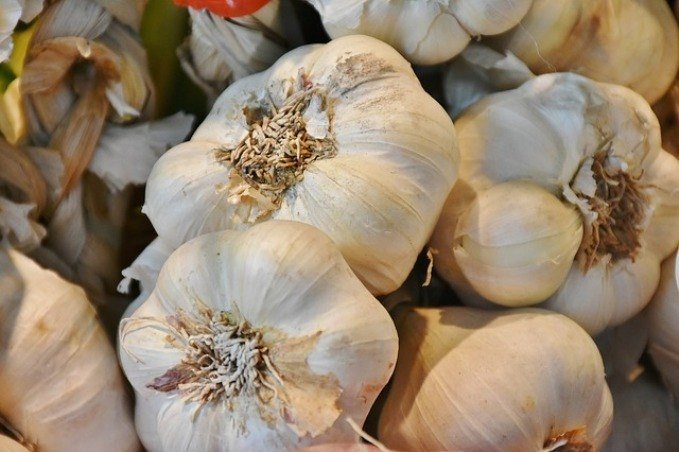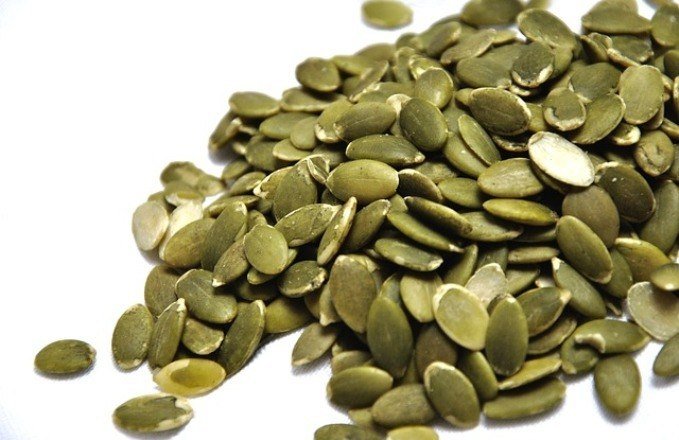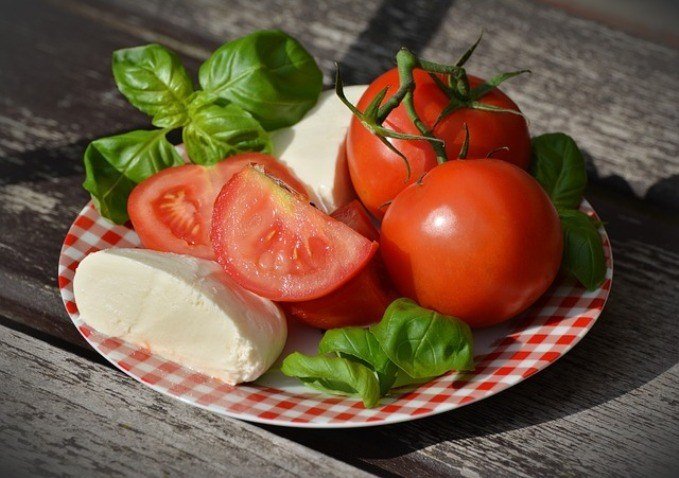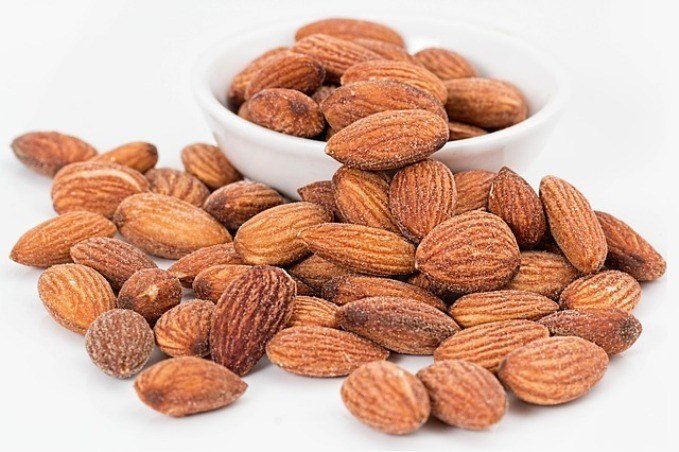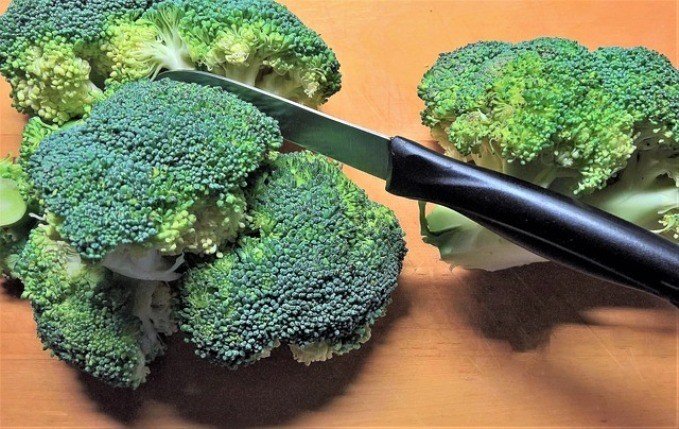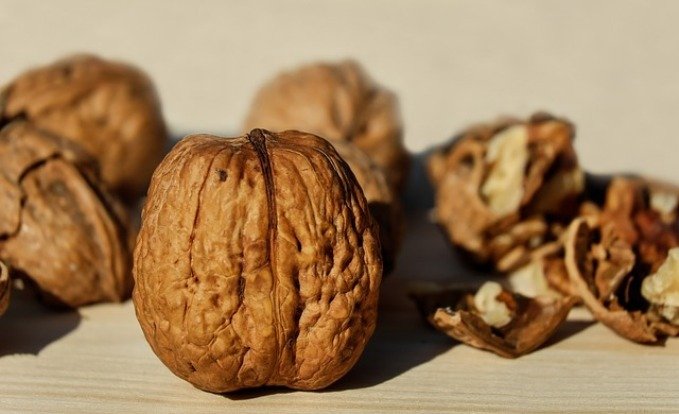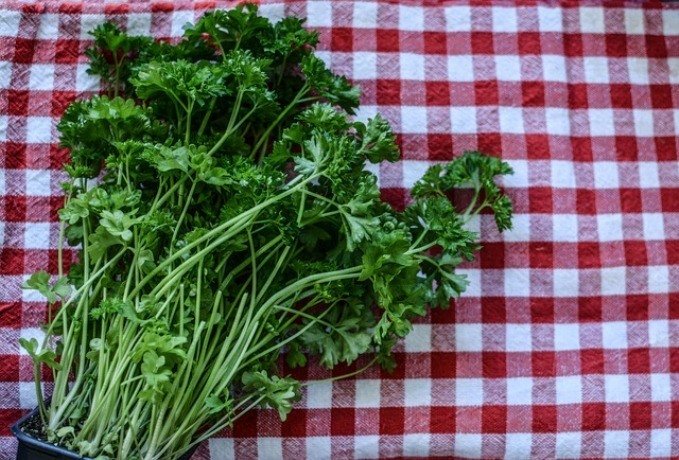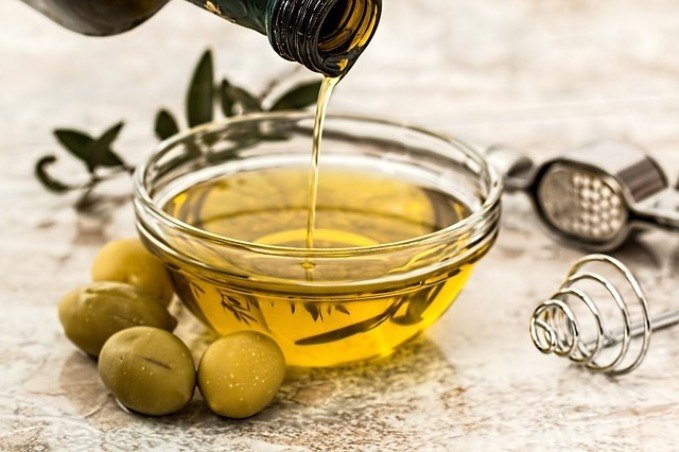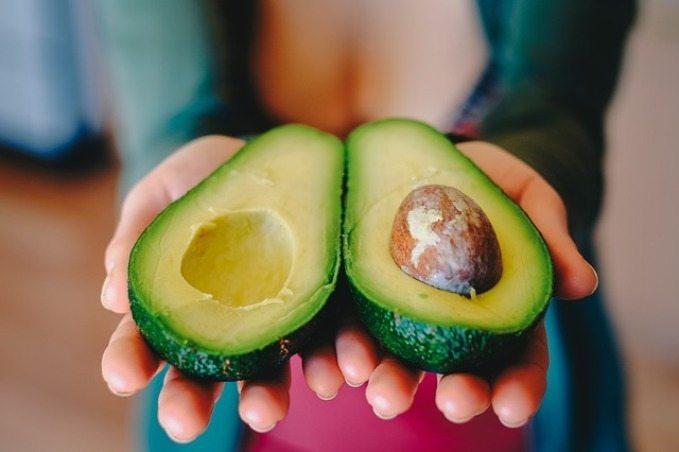The term superfood is broadly used these days, particularly in health circles. No matter how it is tossed around, it still carries the same meaning. A superfood is loosely defined as an amazing natural food packed with vital nutrients which can considerably improve your health in a lot of ways. Goji berry, green tea, and maca are just some of the natural foods that have attained the status of superfood. When placed alongside these health-boosting giants, you would think the familiar everyday foods below can barely compete in the superfoods category. You should think again. They are just as nutrition-packed and health-giving as most of the superfoods you could imagine.
1. Onions

Many are now aware of the onion’s health-giving properties, but it was only later that its healing powers came to light, raising it to the level of superfood.
Decreased Risk of Cancer
The quercetin content in onion is a potent antioxidant that can help protect the body’s cells from damage caused by free radicals.
Anti-Inflammatory Benefits
The antioxidant quercetin also has strong anti-inflammatory properties which can help in treating arthritis and even diabetes.
Improved Heart Health
Researchers have found that the quercetin in onions considerably lowers high blood pressure in hypertensive adults. The onion’s sulfur content stabilizes cholesterol levels and promotes healthy red blood cells.
Better Oral Protection
As opposed to the popularly held belief, eating raw onion can strengthen gums and teeth, as well as get rid of odor-causing bacteria in the mouth that can cause tooth cavities. Onions are also able to help eliminate toxins from the body, clear up sinus congestion, treat insect stings and relieve an earache.
2. Sardines
Peoples of North America and Europe have eaten sardines for centuries. In the past years, sardines have reached prominence in the health food circle since the omega-3 fatty acids in it were found to lower triglycerides and harmful cholesterol levels. Omega-3 fatty acids have a lot of health benefits and should be a part of your diet to improve your cardiovascular system health. Omega-3 fatty acids in sardines can also maintain the proper functioning of the brain, prevent gum disease, diminish inflammation which can lead to better heart health, and other benefits. Apart from Omega-3 fatty acids, sardines are also rich in essential minerals and vitamins. One of the best reasons to eat sardines on a regular basis instead of other fish is because of their low mercury levels and are easily sustainable. Sardines are at the bottom of the aquatic food chain because they feed on plankton. Because of this, they do not contain heavy metals and toxins, unlike many food fishes as tuna and snapper do. The other health benefits of sardines include:
- Lowers the risk of heart disease
- Promotes stronger bones
- Prevents abnormal mood swings including depression and anxiety
- Stabilizes blood sugar levels
- Promotes weight loss by giving a feeling of fullness
3. Garlic
While it is widely used in Asian and Mediterranean cuisine, garlic brings a wonderful and delicious flavor to any dish everywhere in the world. Historically, this amazing herb had been used for many purposes at different periods. It has been used as food, currency, medicine, aphrodisiac, and even to ward off vampires. Garlic carries vitamins B6 and C, selenium, manganese, and potent antioxidants including allicin. Studies have shown that using high concentrations of garlic extracts could lower high blood pressure, promote healthier cholesterol levels, and improve blood circulation. All of these could lead to a healthy cardiovascular system. It is also known to prevent colds and keep certain forms of cancers at bay. Other health reasons for using garlic:
- The active compound in garlic, diallyl sulfide, is a more effective antibiotic without the harmful side effects.
- In diabetics, garlic acts on insulin activity which can help lower blood sugar.
- Garlic could lower blood pressure and homocysteine levels for enhanced cardiovascular health.
- Garlic is a powerful antioxidant that strengthens the immune system.
- The allicin in garlic, along with selenium, sulfur, and other components prevent cells from clumping together, thus preventing possible cancer development.
4. Pumpkin Seeds
While pumpkins are an excellent source of fiber, vitamins, and minerals, pumpkin seeds can likewise hold their own quite well when it comes to offering health benefits. It would be a good idea to save those seed.
- Pumpkin seeds provide an ample supply of magnesium that promotes nerve and heart health, promotes strong bones, and improves energy levels.
- The phytosterol found in pumpkin seeds can help lower cholesterol levels, bolster the immune system, and help cut down the risk of breast, lung, stomach, and ovarian cancer.
- Pumpkin seeds contain L-tryptophan which raises serotonin levels in the brain to improve mood and prevent depression.
- The zinc found in pumpkin seeds plays a big part in the body’s defense system. It improves the body’s resistance against the common cold and helps speed up wound healing.
- Studies have found that pumpkin seed oil may help to promote prostate health. It has shown symptomatic improvements in patients with benign prostatic hyperplasia, an enlargement of the prostate gland usually experienced by the elderly.
5. Strawberries
Strawberries are great-tasting seasonal fruits popular the world over that can do wonders to your health. They are rich in antioxidants which do a lot to improve your health and quality of life. Apart from that they also contain polyphenols, vitamins, and essential nutrients like potassium, folate, manganese, magnesium, and dietary fibers. Here are a few of its numerous health benefits:
Vision Care
Nutritional deficiency can cause free radicals to bring damage to the eyes such as macular degeneration, optic nerve deterioration, dry eyes, proneness to infection, and vision problems. Antioxidants present in strawberries such as ellagic acid, phenolic phytochemicals, and flavonoids can help prevent these problems.
Immunity Booster
The vitamin C that is found in strawberries strengthen the immune system and aids in treating common colds and cough. Just a single serving of strawberries packs around 150% of your recommended daily need of vitamin C.
Keeps Cancer at Bay
Since it is an antioxidant, vitamin C fights off high-energy particles called free radicals that can cause damage to body cells. Free radicals cause DNA mutation in normal cells that can turn into certain forms of cancer. Other benefits include:
- Treats gout and arthritis
- Improves brain function
- Lowers high blood pressure
- Improves heart health
- Weight reduction
- Reduces inflammation
- Prevents birth defects
6. Tomatoes
Apart from its pleasantly acidic flavor, tomatoes, particularly those organically–grown, are rich in nutritional content including different phytochemicals that provide a lot of health-giving benefits. Tomatoes contain an ample supply of vitamins B, A, E, and C (found mostly in the gelatinous substance covering the seeds). It is also rich in potassium, phosphorus, manganese, lutein, and zeaxanthin. Less common phytonutrients that are also found in tomatoes are:
- Hydroxycinnamic acids like ferulic acid, caffeic acid, and coumaric acid Flavonones like chalconaringenin and naringenin Flavonols like quercetin, rutin, and kaempferol Fatty acid derivatives like9-oxo-octadecadienoic acid Glycosides like esculentoside A
Tomatoes are widely known for their high lycopene content. Lycopene is an antioxidant that gives fruits and vegetables like papaya, strawberries, and tomatoes their distinctive vibrant colors. The antioxidant properties of lycopene have long been considered to be more potent than other carotenoids like beta-carotene. Research has shown that it may substantially lower the chances of cancer and stroke. Apart from potential cancer prevention, tomatoes come with other health benefits including:
- Antioxidant protection against toxins, infections, etc.
- Improves heart, brain, and eye health
- Promotes strong bones
- Relieving neuropathic pain
You can also check out Your Superfoods Product Review for great options.
7. Almonds
Almonds, long shunned for their high-fat content, has recently been considered as one of the new superfoods. Because of the many health benefits they provide, almonds have made an amazing comeback and is now a very popular snack among teens, celebrities, and nearly everyone who are crazy about nuts. Almonds are one of the fastest-selling items on the market and you can easily make them a part of your diet. Almonds have been referred to as the dieter’s friend due to their high protein content, heart-friendly because they have high MUFA (monounsaturated fats) content, and can make you feel full. The high-fat content in almonds that made dieters avoid them is, in fact, monounsaturated fat or, in plain language, the “healthy” fat. Almonds do not only make for a great all-around and tasty snack, but they are also a serious source of important health benefits. Regularly snacking on a handful of almonds can provide you the following benefits:
- Lower your chances of getting chronic illnesses like cancer, heart disease, diabetes, and chronic obstructive pulmonary disease (COPD)
- Raise “good” cholesterol (HDL) levels and bring down “bad” cholesterol (LDL)
- Helps in losing excess weight if used as a regular snack. Almonds can easily give you that full feeling so you don’t eat too much at mealtime.
- Lowers levels of homocysteine, an amino acid that is one of the causes of fatty plaque buildup within the arteries.
8. Broccoli
Broccoli belongs to the same family of cruciferous vegetables as cabbage, cauliflower, and bok choy. These vegetables all contain components that are found to improve the body’s resistance to cancer cell development. Broccoli has vitamin C and naturally occurring folic acid (folate). It is also a source of vitamins A and K, as well as beneficial nutrients like calcium, beta-carotene, soluble and insoluble fiber, and other antioxidants particularly indole-3-carbinol and sulforaphane. Eating cruciferous vegetables like broccoli has been linked to lowered risk of certain cancers (stomach, throat, and mouth) according to a review by the World Cancer Research Fund of evidence on cancer prevention in 2007. However, more clinical trials need to be conducted. In 2012, a small study was done on 81 diabetics who were fed 10g of enriched broccoli sprouts powder a day for four weeks. This resulted in lower levels of triglycerides and cholesterol which are known to be responsible for cardiovascular disease. Researchers have also found that sulforaphane (an antioxidant found in broccoli) seemed to stop small blood vessels from being damaged by high blood sugar (which occurs in diabetes). Whether sulforaphane would protect a diabetic from damage is still not clear.
9. Walnuts
Walnuts stand out among nuts for their nutritional content and wonderful health benefits. Here are some of the unique benefits you get from eating walnuts:
- As studies have shown, walnuts contain numerous nutrients like antioxidants, omega-3 fatty acid, and phytosterol that not only inhibit tumor growth but also lower the chances of developing prostate and breast cancer.
- Walnuts help build the body’s resistance to insulin. They help stabilize blood glucose levels and slim down the chances of developing type 2 diabetes.
- Walnuts lower cholesterol levels to promote heart health. These nuts contain a lot of omega 3 fatty acid (alpha-linolenic acid) and the amino acid L-arginine that both have anti-inflammatory properties and keep blood clots from forming.
- Help reduce the symptoms of nausea in pregnant women and promotes proper brain development in kids.
- Eating walnuts promote weight loss. It gives you that full feeling, which lowers the craving for food and helps you manage your weight.
- Walnuts are rich in biotin that helps produce strong healthy hair, improves hair texture, and prevents falling hair.
- Walnuts are rich in vitamin B6 and E, protein, folate, thiamin, and dietary fibers.
- The antioxidants in walnuts help to maintain your youthful look.
10. Ginger
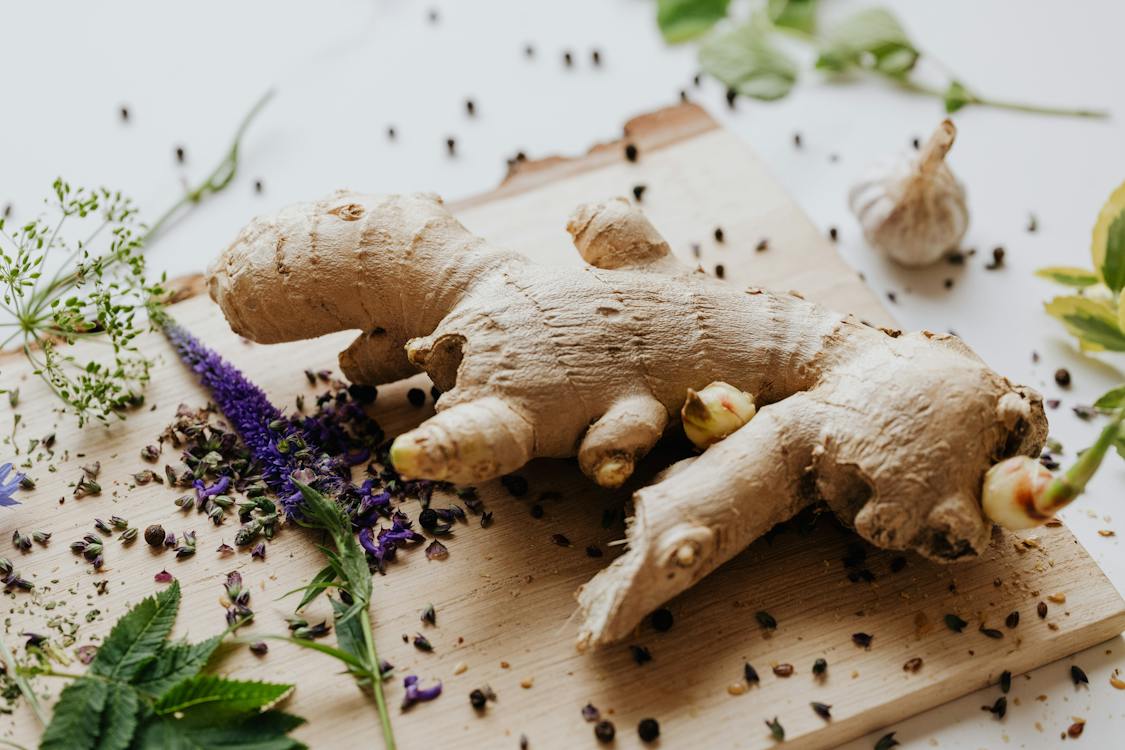
- Ginger can also alleviate soreness and muscle pain
- Ginger can prevent or treat nausea or vomiting
- Ginger can reduce blood sugar levels
- Ginger has anti-inflammatory properties
- Ginger can also greatly lessen menstrual pains
- Ginger can help cure digestion problems
- Ginger has antibiotic properties that can fight infections
- Ginger contains gingerol, a substance being eyed for cancer prevention
- Ginger can improve heart risk factors
Ginger tea is good for healing infections due to its high levels of sodium, calcium, phosphorous, zinc and vitamin C. The active essential oils, as well as gingerol, shogaols, and other phenol compounds are attributed for ginger root’s powerful benefits.
11. Pineapple

12. Parsley
Before it was ever used for food, the ancient herbalists have used parsley mainly for medicinal purposes. It was used to treat such conditions as insect bites, arthritis, and gallstones. It was even used as an aphrodisiac. Alcohol consumers of old used to believe that parsley can absorb alcoholic fumes and thus could prevent drunkenness. Below are some health benefits you can get when you eat parsley on a regular basis. Parsley is high in vitamins that include A and C, and minerals like sulfur and iron. Whether eaten or juiced, it is a delicious way to get a nutritional boost. Parsley has strong antioxidants that may prevent cancer by:
- Destroying free radicals
- Protecting DNA from damage
- Suppressing the development and spread of cancer cells in the body
Parsley is a great natural source of myricetin. According to the Journal of Nutrition, people eating foods that are rich in this nutrient can lower their chances of getting type 2 diabetes by 26%. As published in Urology Journal, research has shown that eating parsley leaves and roots can lower the amount of calcium oxalate deposits (present in kidney stones), and even dissolved kidney stones in animal test subjects.
13. Dark Chocolate
Chocolate is a delicious and nutritious treat, that is if you make the right choice. Dark chocolate has high amounts of antioxidants and flavonoids that help a great deal in lowering hypertension, promoting better blood circulation, and makes the heart healthier overall. Chocolate is made from cocoa that comes from the cacao plant. Cocoa contains the potent antioxidants catechins and procyanidins. It is also rich in magnesium, iron, manganese, zinc, and phosphorous. To get the most out of its antioxidant protection and health benefits, eat chocolate that is at least 70% cacao. While it is somewhat difficult to explain, dark chocolate can elevate one’s mood. Many think that it may be because of dark chocolate’s gratifying taste and pleasurable feel inside the mouth. Be careful not to load yourself with too much of rich dark chocolate. An ounce of it can contain around 150 calories. The Kuna Indians of Panama drank cocoa as their staple beverage. Researchers have observed that they had generally normal blood pressure and were resistant to heart disease and stroke. Chocolate, especially dark chocolate, has been associated by researchers to include numerous other health benefits like the relief from stress and cancer prevention.
14. Extra-Virgin Olive Oil
Olive oil is produced by mashing and crushing olives, one of the oldest foods known to man. It was consumed by ancient peoples as food from way back 3000 B.C. It is essential in the healthy Mediterranean diet and is most likely responsible for the many health benefits of this amazingly popular diet. Extra virgin olive oil is able to make the heart healthy due to various essential compounds working together. The monounsaturated fat found in olive oil provides a lot of healthful benefits to the user. Apart from the healthy fat, vitamin E and polyphenols are abundantly present in extra virgin olive oil. The various essential compounds working synergistically in extra virgin olive oil can create a beneficial impact on one’s health. Many studies have shown that making extra virgin olive oil a regular part of your diet can:
- Lower the risk of diabetes
- Promote heart health
- Lower the chances of colon and breast cancer
- May lower the chances of coronary heart disease
- Bring down high blood pressure
15. Avocados
Avocados are a nutritional goldmine that can provide your body energy that’s easy to burn. They are very rich in beneficial healthy fats that help your body absorb and assimilate fat-soluble nutrients from other foods. Avocados are known to stabilize blood sugar levels and prevent insulin resistance. Apart from that, avocados are one of the world’s most abundant sources of monounsaturated fats or “healthy” fats. Not like saturated or “unhealthy” fats, monounsaturated fats are, in fact, good for the body and promotes a healthy heart and brain. Avocados also carry nearly 20 vital life-enhancing nutrients that include vitamin B, vitamin E, folic acid, and potassium. The Journal of Nutrition recently published that eating an entire fresh avocado with raw carrots or tomato sauce can considerably improve the absorption of carotenoids in the body and converting them to active vitamin A. The avocado’s dark green outer flesh (sticking to the peel) has the largest concentration of healthy carotenoids. It would, therefore, be more beneficial for you to peel an avocado by hand, similar to a banana. You can also reap the following health benefits from avocados:
- Decreasing inflammation
- Cutting down excess cholesterol
- Aiding with weight loss
- Fighting cancer cells
- An extra defense for your liver
If you are trying hard to lose some weight, eat just a half of fresh avocado with meals. This will give you a feeling of fullness and can help you cut down on eating too much.

